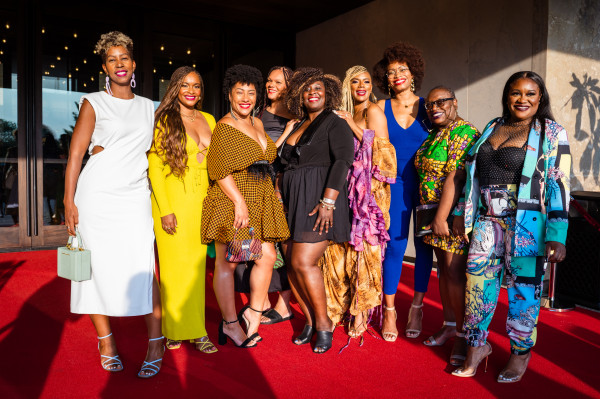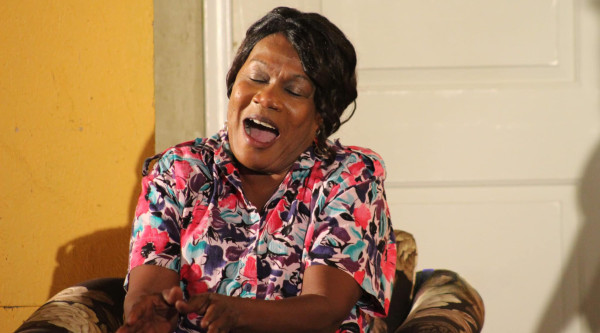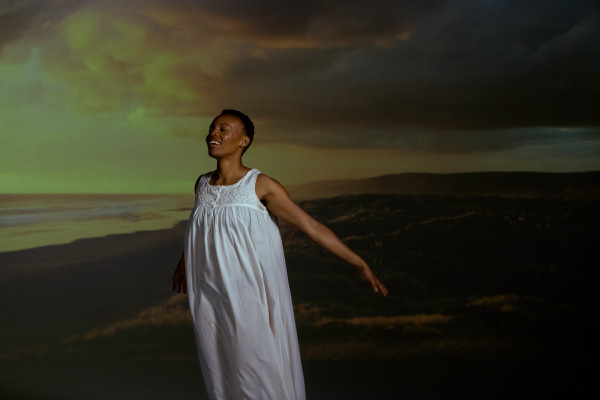Leave the kids at home for Irish playwright Liz Lochhead's witty and sexually charged adaptation of this vampire classic. It's directed by Eda Holmes and features Allan Louis as Dracula, whose bloodlust awakens the forbidden desires of England’s Victorian women.
“[Dracula] represents a kind of a freedom, a sexual freedom, a sexual liberation … freedom from sickness and eternal life,” says Louis.
As enticing as this may be, vampire stories, retold again and again over a century, still run the risk of feeling cheesy. But Louis’ confident command of the undead legend sold every scene. He nailed the evil laugh, striking a balance between masculine pitch and devious delight.
There was another interesting element to Louis’ portrayal of Dracula. In pop culture successes such as the television show Buffy the Vampire Slayer, bloodsuckers come in all shades. But traditional storytelling portrays Dracula specifically as ghostly pale. For some audiences, seeing Louis, a black man, in a typically white role could be merely a side note to a quality performance, but for those versed in the horror genre, it might have been revolutionary.
Louis himself does not believe being a black man defined his portrayal of the character, but he says, “What Eda Holmes wanted to do was create something ‘other.’ The colour of my skin helped further that idea… at that particular time, Europeans were very afraid of the other, particularly the English; they were terrified.”
Fear and laughter prove to be a perfect pair. Humour permeates the script and characters’ conversations are rife with innuendo. Louis has the privilege of delivering some of the best lines, masterfully mingling hunger, lust, and lore, playing with puns that audiences familiar with vampire stories will be pleased to pick up on.
“[Lochhead] does stay true to the Bram Stoker novel,” says Louis. “A lot of the dialogue is directly from the novel.”
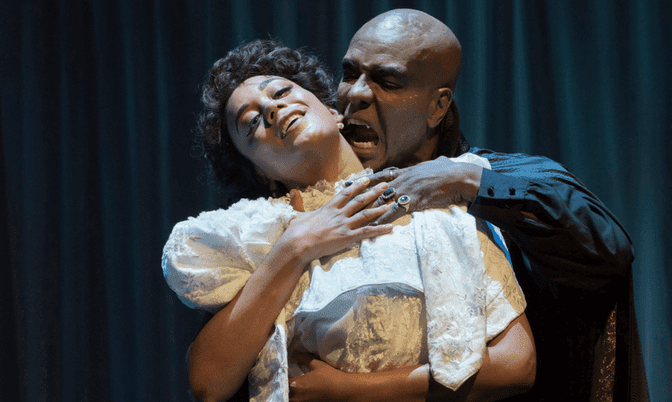
Louis’ portrayal of Dracula encompassed an appealing mix of seduction and danger, which ultimately emphasized the production’s greatest drawback — not using its title character enough. Dracula’s first appearance in the performance felt a little late, yet when he does emerge, it becomes easier to forgive the wait.
“I wanted to really express the loneliness that comes from that gift of eternal life, and I wanted to really convey a sense of what that actually means after hundreds of years. So when Jonathan comes to the castle, and Dracula says to him, ‘I want you for conversation,’ he really does mean that,” says Louis. “I knew Dracula needed to be regal and truthful… once I got a sense of what this man needed, and he just needed somebody to talk to, it took the sting out of it for me, it took the camp right out.”
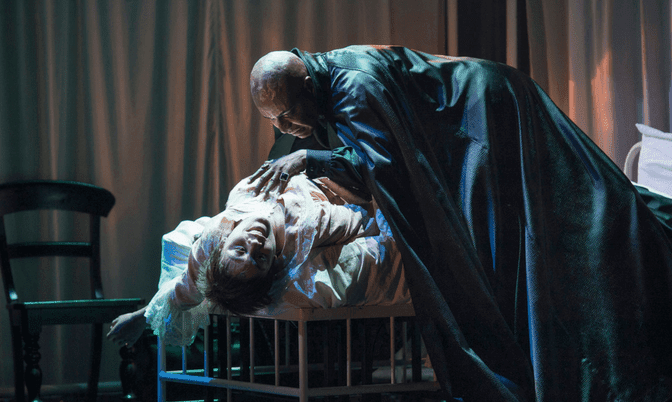
Florrie (Natasha Mumba), however, is an unexpected but welcome addition. In a post-Downton Abbey world, whether on screen or on stage, it’s become much more entertaining to experience the lives of the upper-class characters intertwined with their working class counterparts. Florrie’s persona and openness about relationships with men added a new dimension to this gothic world, enlightening theatregoers on the changing culture and the lives of women.
Dracula is playing at the Shaw Festival in Niagara-on-the-Lake until October 14.
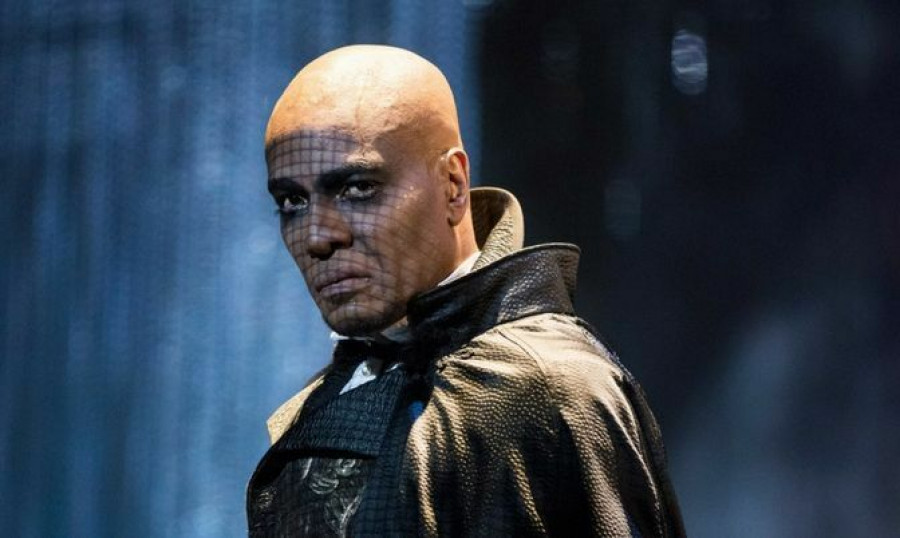


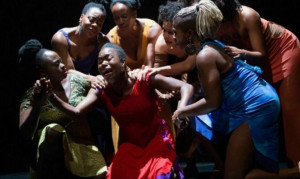
![[Review]: "An Octoroon" Is A Thought Provoking Twist On Slave Narratives](/media/k2/items/cache/ef04fb1e12d9b477a478529c4faa109b_S.jpg?t=20191124_140144)
